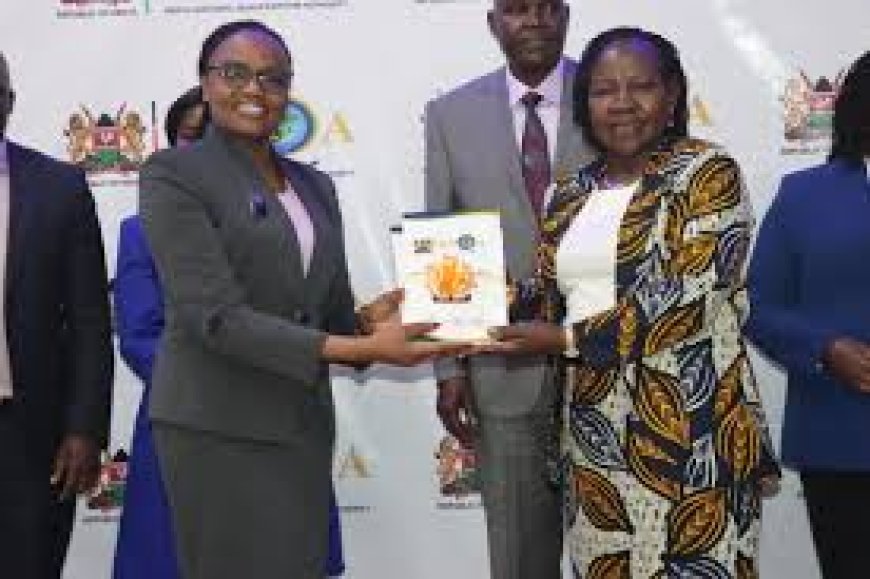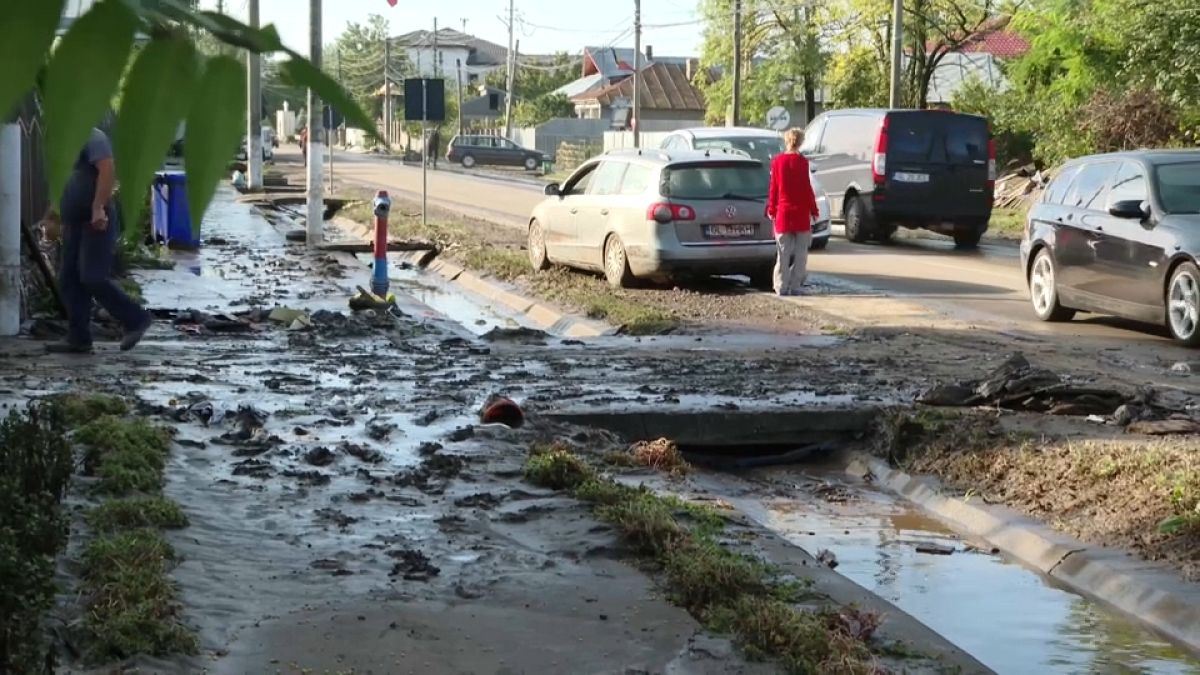KNQA to Harmonize the Implementation of the RPL Policy to Curb Unemployment in the Country

Nairobi,
Monday July 8, 2024
KNA by Sharon Atieno
The Kenya National Qualifications Authority (KNQA) has launched a five-year strategic plan which prioritizes the implementation of Recognition of Prior Learning policy (RPL) to curb unemployment in the country.
KNQA Strategic Plan marks an exciting milestone for KNQA which is a culmination of collaborative effort, analysis and forward-thinking to ensure that it is well-positioned as it represents a comprehensive roadmap that aligns with the vision for the future.
The plan is committed to responsiveness, innovation, customer focus, and operational excellence since it aims to leverage KNQA strengths, capitalize on opportunities, and navigate challenges with resilience and agility.
In a press statement sent to newsrooms, KNQA Director General (DG) Dr. Alice Kande highlighted the five key results areas that the plan will focus on including; Development of National Qualifications Database, Research & National Policies on national qualifications, Registration of qualification awarding institutions (QAIs) and Qualifications in the KNQF, Mobility and Progression of Learners, and Institutional strengthening through Institutional Capacity Development.
Additionally, she said that the plan will articulate strategies that are critical for delivery of the Authority’s core functions, mandate and builds on achievements of the previous Strategic Plan.
The DG also underscored the critical role of the RPL policy which is currently being implemented to address unemployment in the Country.
Dr. Kande stated that the development and national roll-out of the RPL policy is paramount in recognizing diverse skills and competences regardless of when, where and how they are acquired against prescribed standards or learning outcomes.
“The policy is timely as it has come at a time when the country is experiencing youth bulge totaling to 29 percent of the population aged between 18-34 years,” noted Dr. Kande, adding that the large number of youths presents an opportunity for the country to be a force for a positive future by engaging them in economic and social activities for the national development.
She observed that RPL gives this critical segment of the population wings to fly through certification of competencies that they demonstrate and most importantly the opportunities given to the marginalized communities including Refugees and asylum seekers.
Dr. Kande noted that currently, the country hosts over 600,000 refugees and asylum seekers majority hailing from Somalia, Democratic Republic of the Congo (DRC), South Sudan, Sudan and Ethiopia.
“Most of these refugees and migrants have vast experience and skills, while some have professional qualifications which are not recognized,” she maintained, stressing that the comprehensive RPL will make such competences visible by facilitating smooth transition and integration into the communities and their countries of origin upon return.
Further, the DG announced that over 900 individuals have been successfully assessed during the piloting phase of the RPL policy during the launch of KNQA Strategic Plan 2023-2027 in Nairobi.
“A total of 10,000 and above individuals shall be assessed per year through RPL and will be linked to the labour market so that they can benefit from decent and gainful employment. This is a key policy initiative that will address the paradox of skills mismatch and un-employability in the country,” she added.
She added that the Authority has previously recorded a number of achievements including the establishment of the Kenya National Qualifications Framework which is being implemented.
“With the National Qualifications Framework in place, key challenges that have previously be-devilled the education and training sector amongst them – non-recognition of other forms of learning, fragmented and unstandardized Qualifications System, unclear progression pathways, lack of a transparent and equitable qualifications systems, deteriorating quality of qualifications and proliferation of fake and fraudulent certificates have gradually and continue to be addressed,” reiterated Dr. Kande.
On the other hand, the DG disclosed that the National Policy on Credit Accumulation and Transfer System has also been developed to facilitate credit transfers and exemptions as well as vertical and horizontal mobility at all levels, enabling entry, re-entry, and exit between and within QF levels, courses and institutions.
“We sincerely appreciate the gradual responsiveness of Qualifications Awarding Institutions in submitting their respective data on qualifications to the National Qualifications Database and it is our endeavor in the current period that we shall have a robust database of qualifications. However, while several achievements were recorded, we also experienced a number of challenges,” said Dr Kande.
She continued, “Our vision is to ensure that the country is globally recognized and has a competitive qualification and the new plan reaffirms our commitment to firmly pursue the vision while charting a course for sustainable growth and excellence.”
Additionally, Dr. Kande pointed out that the Plan will contribute to the realization of objectives set forth in the Fourth Medium Term Plan of the Kenya Vision 2030, the government’s Agenda, the East Africa Community Vision 2050, the African Union Agenda 2063, and the United Nations Agenda 2030 for Sustainable Development.
Others include the Africa Continental Free Trade Area, the Addis Convention and other pertinent national, regional and international protocols and sector initiatives which all advocate for transparency and comparability of qualifications, and mutual trust between qualifications frameworks and systems for lifelong learning nationally, regionally and continentally.
“While we pledge to implement the strategies and activities that are laid out in the Plan, we are aware that resources are paramount. The strategic plan requires a total of Kshs. 1.9 billion will be met through resource mobilization strategy that involves working closely with development partners, industry players and stakeholders to actualize the targets in the planned period,” she implored.
Courtesy; KNA
What's Your Reaction?


























































































































































































































































































